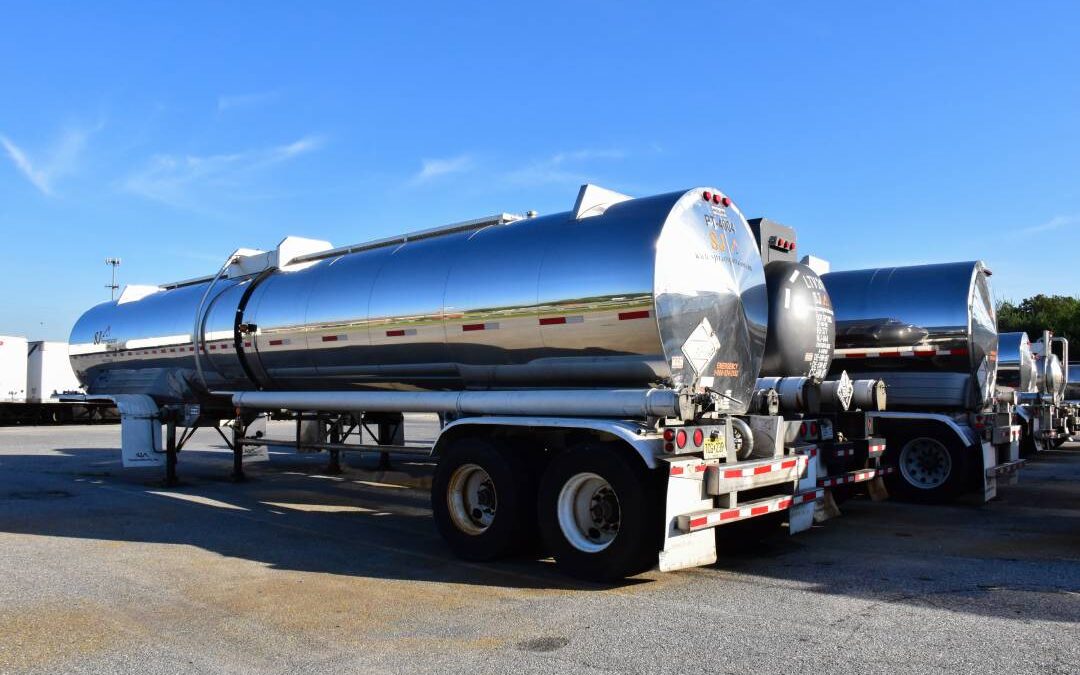UAE Leads a Wave of Hydrogen Fuel Projects in the GCC
The UAE is increasingly focusing on hydrogen in their energy transition strategies. This shift positions the country as a potential leader in hydrogen production, storage and transportation, leveraging the role of sustainable energy solutions in combating climate change.
In the wake of COP28, the UAE and the broader Gulf Cooperation Council (GCC) region are witnessing a surge in hydrogen-fuel projects, marking a significant shift in their ESG initiatives aligning well with the global movement towards cleaner energy and sustainability.
At COP28, the UAE launched the USD30 billion ALTERRA fund, a catalytic climate investment fund to mobilize investment at scale to finance a new climate economy. The fund is envisioned to become the world’s largest private investment vehicle for climate change action, mobilizing US $250 billion globally by 2030 to create a fairer climate finance system.
“We are amidst critical times, and critical times call for serious measures”, H.E Ahmed Jasim Al Zaabi, Member of the Abu Dhabi Executive Council and Chairman of the Abu Dhabi Department of Development (ADDED) and ADGM had said at the ADSFF 2023 (Abu Dhabi Sustainable Finance Forum) during COP28.
Abu Dhabi Global Markets (ADGM) launched the pioneering Global Climate Finance Centre (GCFC), which will accelerate the development of climate finance frameworks and skills, and champion the best practices. The GCFC, head-quartered in ADGM, was first announced by Dr. Sultan Al Jaber, the President of COP28.
The United Arab Emirates (UAE), and other GCC countries such as Oman and the Kingdom of Saudi Arabia are increasingly focusing on hydrogen in their energy transition strategies. This shift positions the region as a potential leader in hydrogen production, storage and transportation, leveraging the role of sustainable energy solutions in combating climate change.
The UAE, Saudi Arabia, and Oman are actively developing their hydrogen markets and positioning themselves as future hydrogen exporters. The region is expected to generate significant revenues from hydrogen, with forecasted annual revenues reaching $200 billion by 2050.
The UAE’s Hydrogen Strategy
The UAE has unveiled the National Hydrogen Strategy 2050 aimed at transforming it into a leading producer and supplier of low-carbon hydrogen by 2031. The strategy includes the development of supply chains, the establishment of hydrogen oases, and a dedicated national research and development center for hydrogen technologies. It targets to produce 1.4 million tonnes per annum (mtpa) of hydrogen by 2031, increasing to 15 mtpa by 2050. The UAE plans to utilize its abundant solar energy and natural gas resources, alongside its strategic location, to boost local hydrogen production capabilities and support the global hydrogen economy.
This strategy is part of the UAE’s broader commitment to achieve net-zero emissions by 2050. The plan includes establishing hydrogen hubs and exploring additional opportunities, which could create thousands of jobs.
A significant hydrogen project of the UAE is the Green Hydrogen project at the Mohammed bin Rashid Al Maktoum Solar Park in Dubai. This project, developed in collaboration with Dubai Electricity & Water Authority (DEWA), Expo 2020 Dubai, and Siemens Energy, is the first solar-driven green hydrogen production facility in the Middle East and North Africa (MENA) region.
The UAE supports the Global Ports Hydrogen Coalition, an international forum that brings together port representatives, government decision-makers, and industry stakeholders to discuss the adoption of hydrogen technologies and fuels.
Major Advancements in UAE’s Hydrogen Initiatives
The UAE is working closely with the UK on hydrogen projects, with BP, ADNOC, and Masdar collaborating to develop hydrogen facilities. Significant developments are underway in Masdar City, the Abu Dhabi Global Market (ADGM), and the Khalifa Economic Zones Abu Dhabi (KEZAD). Masdar has teamed up with AD Ports Group to establish a dedicated green hydrogen production hub within the KEZAD to cater to both domestic and export markets.
Masdar City is working on establishing a demonstrator plant to explore the production of green hydrogen, sustainable fuels, and e-kerosene under a strategic partnership between Mubadala Investment Company and Siemens Energy, a part of the broader Abu Dhabi Hydrogen Alliance.
Masdar, a global leader in renewable energy, has partnered with Hy24, the world’s largest clean hydrogen pure-play investor. The agreement outlines a potential co-investment of up to €2 billion in the next five years, targeting 1 million tons of green hydrogen production by 2030. This project will span across Europe, the Americas, Asia Pacific, and the MENA region.
HYCAP Group, a UK-based net-zero asset management company opened an office in ADGM during the Abu Dhabi Finance Week 2023. The Group has plans for a UAE-based GCC Fund that will invest in companies serving the net-zero energy transition and clean hydrogen supply chain. Jo Bamford, Chairman and Founding Partner of HYCAP Group, said, “Our venture into the UAE is a strategic decision to place HYCAP Group at the nexus of the world’s emerging green hydrogen hubs.” James Munce, CEO of HYCAP Group, added, “Our demand-first investment strategy is pivotal for unlocking the hydrogen value chain, paving the way for a sustainable and economically viable hydrogen economy.”
Abu Dhabi National Oil Company (ADNOC) has launched H2GO, a high-speed green hydrogen refueling station in Masdar City. The station, powered by clean grid electricity, will create green hydrogen from water using an electrolyzer. This pilot will gather data to understand the long-term viability of hydrogen vehicles in the UAE.
These and other upcoming projects will contribute significantly to the UAE’s goal of scaling local hydrogen production to 1.4 million tons annually by 2031, eventually reaching 15 million tons by 2050.
Also Read
UAE Augments Commitment to Climate Action: A Leap Towards Sustainable Future


